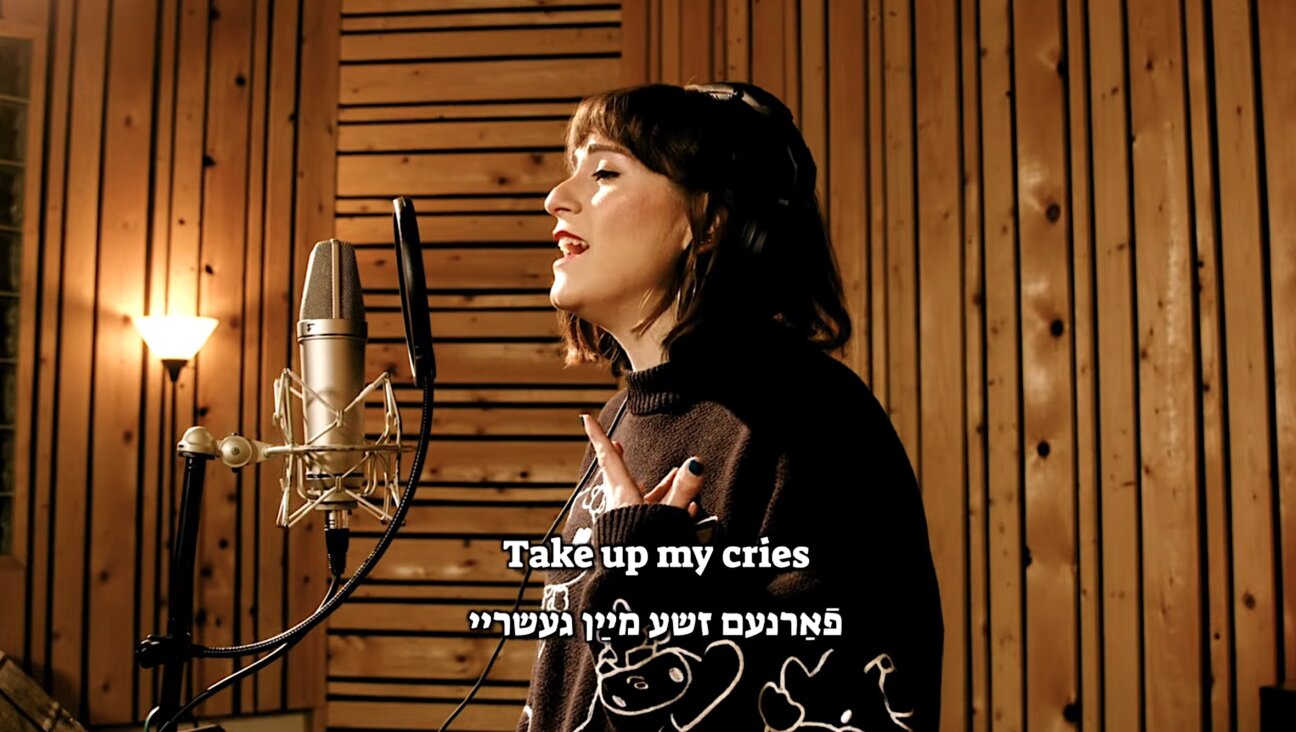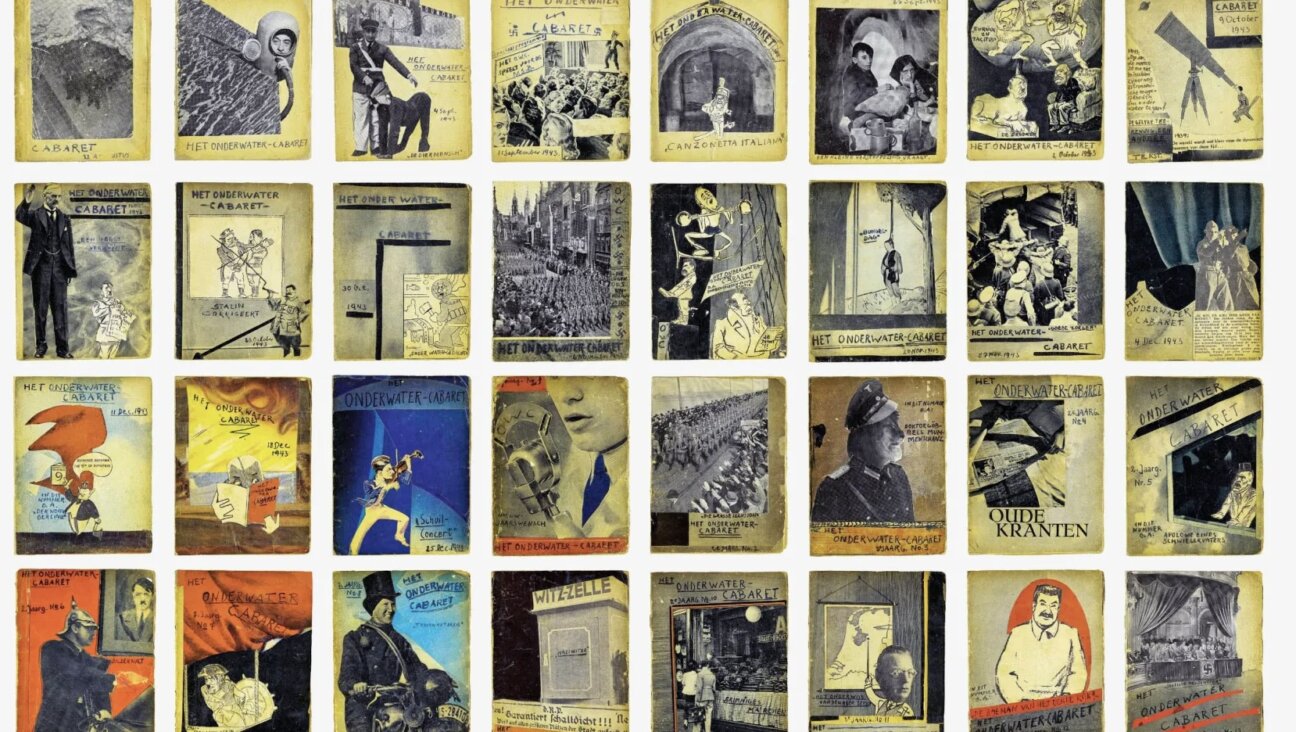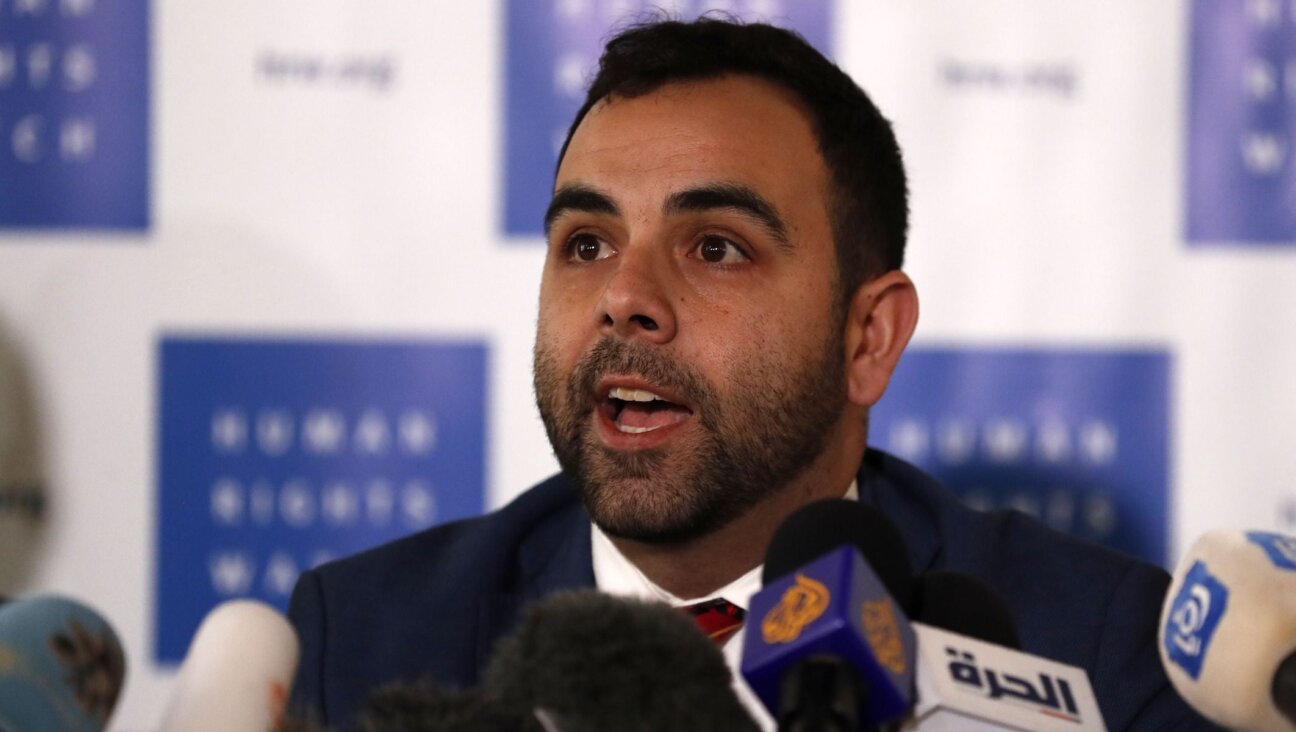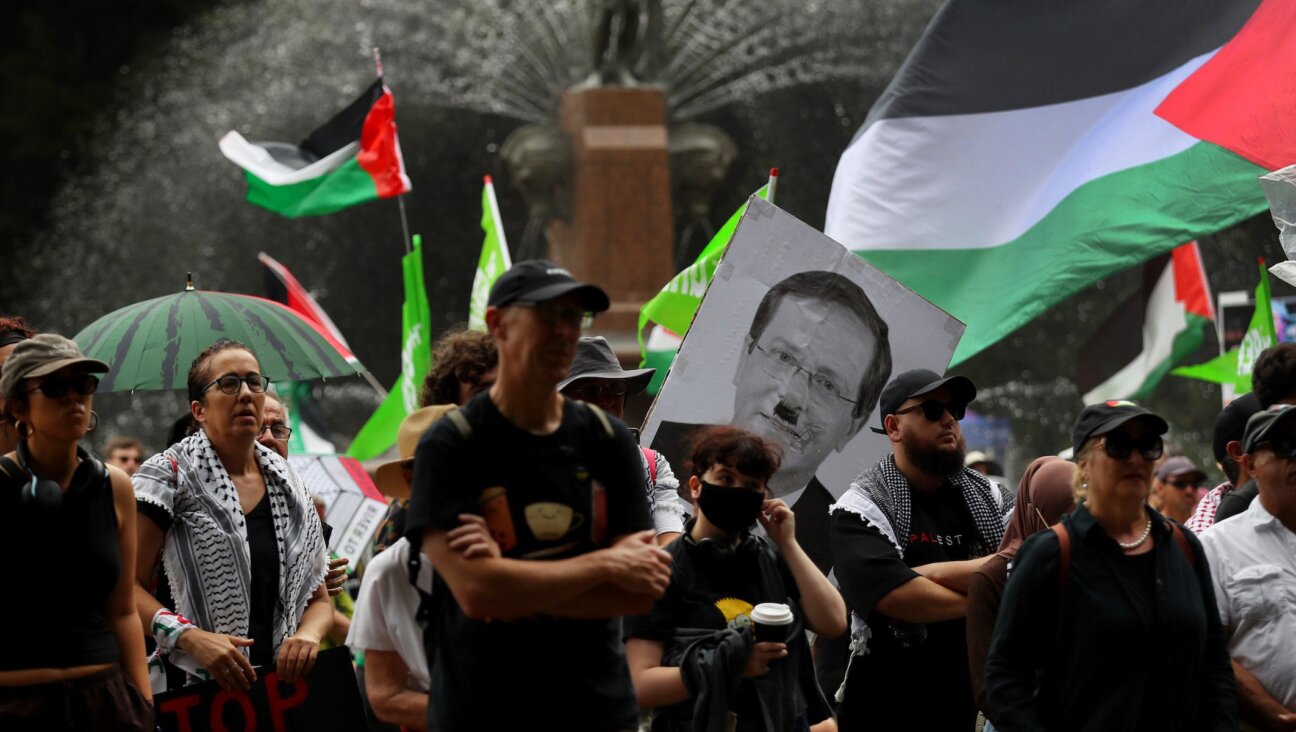President Carter’s Holy Land Plans
Former president Jimmy Carter has come out with a new book about solving the Middle East conflict. “We Can Have Peace in the Holy Land: A Plan That Will Work” (Simon & Schuster) comes more than two years after the publication of “Palestine Peace Not Apartheid” (Simon & Schuster, 2006), which was met with a flurry of criticism from pro-Israel groups that claimed the book provided a biased portrayal of the Israeli-Palestinian conflict.
Just last year, Carter, now 84, met with Hamas representatives in Cairo — despite warnings that doing so would embarrass America and undermine Palestinian Authority President Mahmoud Abbas. And last December, Carter announced his intention to meet with Hezbollah representatives, though the Iranian-backed militant group ultimately turned down the offer.
Yet, “We Can Have Peace in the Holy Land” is surprisingly unprovocative — except in its defense of “Palestine Peace Not Apartheid.” The new book’s central premise is that a two-state solution to the Israeli-Palestinian conflict is the only good option. Dotted with personal anecdotes, the book gives a brief overview of the conflict, America’s role as peacemaker and the existing frameworks for peace, from Oslo to the conference in Annapolis, Md. It also summarizes events in the region since the 2005 withdrawal from Gaza.
On behalf of the Forward, Jeremy Gillick, a fellow at Moment magazine, spoke with Carter by telephone. They discussed Carter’s books on the Middle East, the recent war in Gaza, the Obama administration’s newly appointed Middle East envoy, George Mitchell, and why Carter says Hamas must be part of the region’s peace negotiations.
Jeremy Gillick: Your last book earned you a good deal of criticism, especially from some in the Jewish community. Was this book in any way an attempt to make amends or repair that relationship?
Jimmy Carter: No. I’d be delighted if people that got irate about the first book would read this book and see that it’s very balanced. And I did spend some time in the beginning of this book describing that when I became president, I appointed a commission that built the [U.S. Holocaust Memorial Museum] and I did away with the secondary boycott, [which targeted American companies that did business with Israel]. When I wrote the first book, there had been no debate in this country between the Israeli point of view and any other — and for more than five years there hadn’t been a single day of peace talks between Israel and its neighbors. And it did precipitate a debate. And I’m not crediting the book for this, but we then moved to the Annapolis session. So at least it did kind of break the ice.
What did you learn from the reaction to your last book, and how did that influence the content — or the cover — of this one?
This time, they wanted to have a picture of me on the cover without the [separation] wall. The first book was designed to show without exaggeration the plight of the Palestinians. This one is designed to prove that we can have peace in the Middle East, even though we did have some setbacks since the book was completed.
Is there something new about the suggestions the book offers?
There are a couple of factors: Hamas has expressed to me and publicly a willingness to accept any peace agreement negotiated between Mahmoud Abbas and Israel, provided it’s approved in a referendum by the Palestinians. I also recommend that enough land be given to Israel from what’s now Palestine to accommodate about half of the Israeli settlers, and that the land Israel gives to Palestine, as I discussed with Ariel Sharon in 2005, should be a corridor between the West Bank and Gaza. One of the most propitious developments is Obama’s election, and he has appointed a superb envoy in George Mitchell, who takes a much more balanced position concerning Israel and the Palestinians than some of our previous envoys.
When did you last speak with Mitchell, and what advice did you give him?
I gave the first copy of my book to [then] President-elect Obama on the sixth of December. When I called Mitchell to congratulate him, he asked me to send a copy and we express-mailed one, and he called me to say he had received it. So, they’re familiar with what I say in my book, but I’m not alleging that they’re going to adopt it.
Do you think you balance your sympathy pretty well between Israelis and Palestinians?
I do. My sympathy with Israel has been there for 30 years. But I have gotten to know how the Palestinians are suffering under occupation, and I’m kind of a lonely voice in this country — not in Israel, by the way, and not in Europe—pointing out the plight of the Palestinians. When I went around to sell the previous book I went to six different university campuses, the most notable of which turned out to be Emory and Brandeis. And they have both now sent delegations of students over to the occupied territories, and [students in those groups] have agreed publicly… that I did not exaggerate how bad the situation is for the Palestinians.
To what extent has your faith informed your work and interest in the Middle East?
I still teach the Bible every Sunday I’m home in Plains, Georgia, at the Maranatha Baptist Church. Precisely half of my lessons each year are from the Hebrew text, and the other half are from the New Testament. I have taught the history of the Israelites, the Hebrews, the Jewish people, ever since I was 18 years old. So I know the promise that Abraham received from God. I know about Isaac and Jacob and all the members of the family, I know what the history is and, like other Christians in this country, I have a deep affinity for the right of the Jewish people to live in the Holy Land.
Were you surprised by the eruption of war in Gaza?
No, I could see it coming. I went there [last] April and helped to work out the cease-fire that began on the 19th of June and that was obeyed almost completely by the Palestinians for five months. Israel didn’t do what it promised to do: provide adequate food and medicine and so forth. When I saw that the cease-fire was going to expire on the 19th of December, I went back over there. I spent a good deal of time in Lebanon because [the Carter Center] plans to monitor the Lebanese election, but I also went to Damascus and met with the Hamas people. They informed me that they would cease the rockets if Israel would start supplying the necessary food, water, fuel and medicine. My representatives made this proposal to Israeli leaders in the defense department, who said they would only supply 15% of the normal level of supplies — the level that was maintained when Israel was in charge of Gaza, which is about 750 trucks a day.
Did anyone gain anything from this war?
No. Hamas was strengthened, and I don’t think that Israel achieved any substantial goal. I don’t even understand what their goal was. And the news reports say that about 60% of the tunnels are still intact. They must have been deep in the ground. I don’t really understand them, but I’ve seen some of them.
You’ve seen some of the tunnels?
I haven’t been down in them, but I’ve seen where they come out.
One of the book’s main points is that Hamas can change and therefore should be spoken to directly. Do you think it’s possible to reach a peace agreement without talking to Hamas?
No, but I don’t think it’s possible to talk right now. Hamas is going to have to show that it can accommodate its differences with Fatah, and that’s completely possible.
















